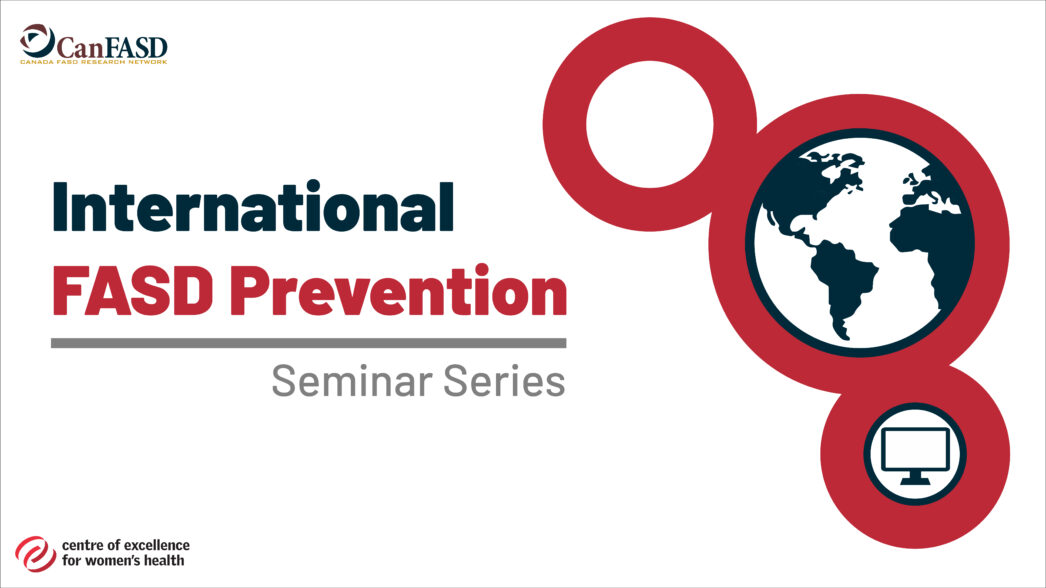FASD is a significant public health issue and research about FASD prevention is advancing the globe. Fetal Alcohol Spectrum Disorder (FASD) prevention goes beyond providing information about the risks of alcohol use in pregnancy. In this blog, we will talk about the second level of prevention and the third seminar in a five-part series on FASD prevention.
Level 2 Prevention
The second level in the Four-Part of the FASD prevention model involves brief counselling with girls and women of childbearing age. This level of prevention involves collaborative discussions of alcohol use and related risks with all women of childbearing years and their support networks. It also includes discussions about intersecting considerations such as mental and physical health, ways of coping without alcohol, available prenatal supports, and pregnancy planning, and goal setting.
FASD Prevention Seminar Series
In 2022, CanFASD sponsored a five-part prevention seminar series. This series brought 14 researchers together from around the world to share what is known about preventing alcohol use during pregnancy and supporting women’s health.
The next part of the series, Level 2: Brief Intervention and Support, features a variety of speakers from Australia, Canada, and the United States.
Dr. Annika Montag from the University of California San Diego describes brief intervention research with Indigenous communities Indigenous populations and how brief interventions can be foundational to putting in place a broad scope of community-based interventions.
Dr. Jessica Hanson from the University of Minnesota Duluth discusses Project CHOICES, a dual focused brief intervention focused on increasing contraception and decreasing alcohol use in order to prevent alcohol exposed pregnancies. In her presentation, she describes how CHOICES was adapted for the Oglala Sioux Tribe.
One of CanFASD’s researchers, Lindsay Wolfson, also with the Centre of Excellence for Women’s Health is joined by Vivian Lyall from the University of Queensland to of Australia discuss their research one of their recent literature reviews exploring factors associated with alcohol use, reduction, and abstinence during pregnancy and how these views can inform brief interventions.
Discussions about alcohol by health and social care providers, with girls and women, and their support networks is key to FASD prevention as these conversations are doorways to change and to supportive services that may be needed. To learn more about these brief interventions, check out this part of the International FASD Prevention Seminar Series that is available on both our website and YouTube channel!

